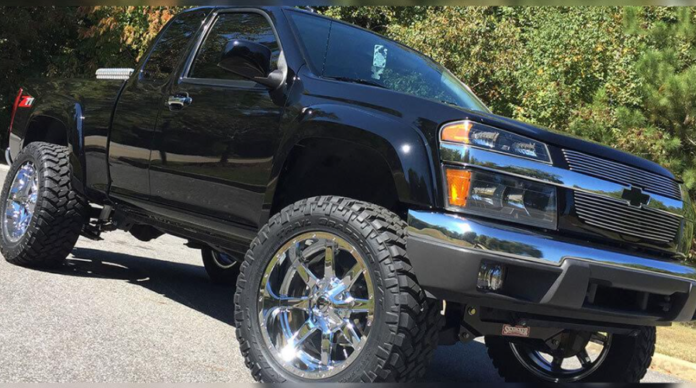The upkeep of your vehicle can be a tricky domain, especially deciding what type of fuel will be apt. In case, you are confused due to the types of fuels available in the market, then you first need to understand which variant will enhance the performance and maintain the overall operational efficiency. You can invest in popular accessories like Fuel Wheels, but when it comes to using the right fuel you might not hold expertise in this area. Here’s what you need to know about vehicle fuels and which variant can work for you.
Unleaded Petrol
Unleaded petrol variants, 98, 95, and 91, all three of them have different octane ratings. These grades are known as Research Octane Number (RON) and are a measurement of the fuel’s resistance to heat and burning. As high the RON is, more is the fuel’s resistance to pre-ignition, which greatly enhances the engine’s operational efficiency. Here are the three major types of fuels that you can opt for:
Premium Unleaded (98)
This is the most expensive variant of fuel that has the highest octane rating, which is 98.
Premium Unleaded (95)
Another premium unleaded fuel with an octane rating of 95.
Regular Unleaded (91)
This is the cheapest variant of unleaded fuel that has an octane rating of 91.
Ethanol Fuel Blends
When you look for rims and tires for sale, you don’t need to know the composition of the product but in the case of fuel, you often need a specific combination that can facilitate the smooth operation of your vehicle’s engine. Ethanol is prepared from crops like corn and sugarcane and there are two major ethanol fuel blends that you can find, which are mentioned with details below:
E85
It is a combination of unleaded fuel and ethanol composition ranging between 50-85%. The octane rating of this blend is 100 and its energy density is comparatively lower than that of regular unleaded fuels. Low energy density affects fuel efficiency. This blend is typically recommended for high-performance cars and is often called the ‘Racing Fuel’ due to its performance capabilities. Mostly, racing cars and a few models that are a part of the high-performance vehicle category can run of E85. Using this blend in a vehicle that doesn’t support E85 can damage the engine components and fuel lines. Doing so might even lead to engine failure.
E10
A combination of 90% unleaded fuel and 10% ethanol, this blend’s RON is 91 and its octane rating is 94. This combination can help your engine perform better but fuel efficiency is greatly reduced. E10 is cheaper than unleaded (91) but since the fuel efficiency is reduced, it cannot be deemed as a better alternative to the latter. This blend can be used as a substitute to unleaded (91) in all cars that were manufactured in and after 2005. However, before you pick this variant, do check in the manufacturer’s manual whether your vehicle’s engine can support ethanol-based fuel. Using this type of fuel can be catastrophic for your vehicle’s engine if it is not built to operate with ethanol-based fuels.
How To Pick The Correct Fuel?
When you look for wheels and tires for sale, performance is the main criterion, but in the case of fuels, many other factors should be considered. Following are the few ways to choose the apt fuel for your vehicle’s engine.
- Firstly, refer to the manufacturer’s manual to know the recommended octane rating for fuel. The manufacturer who designs a vehicle’s engine usually recommends the minimum octane rating required for the smooth operation of the engine.
- Another important thing that one should know while picking a fuel is that if the engine manufacturer has recommended fuel of 91 octane rating, you can use premium unleaded fuel that has an octane rating of 98 or 95. This will not pose any kind of threat to the engine’s operation but the improvement in operational efficiency will be almost negligible.
- However, if you pick a fuel that has a lower octane rating than the recommendation of the manufacturer then this can potentially affect the engine’s operational efficiency. For instance, if the recommended octane rating is 98 and you are using regular unleaded (91) then both engine performance and fuel economy will get affected. In the worst case, doing so can also lead to engine failure, which will cost you a lot more than investing in engine fuel of the recommended octane rating.
- Whether you buy Fuel Wheels or engine fuel, you should try to look for options that are compatible with your vehicle’s design and performance. Not doing so, can cost you repairs that are mostly not required, when you follow the guidelines rendered by your vehicle’s manufacturer.
































